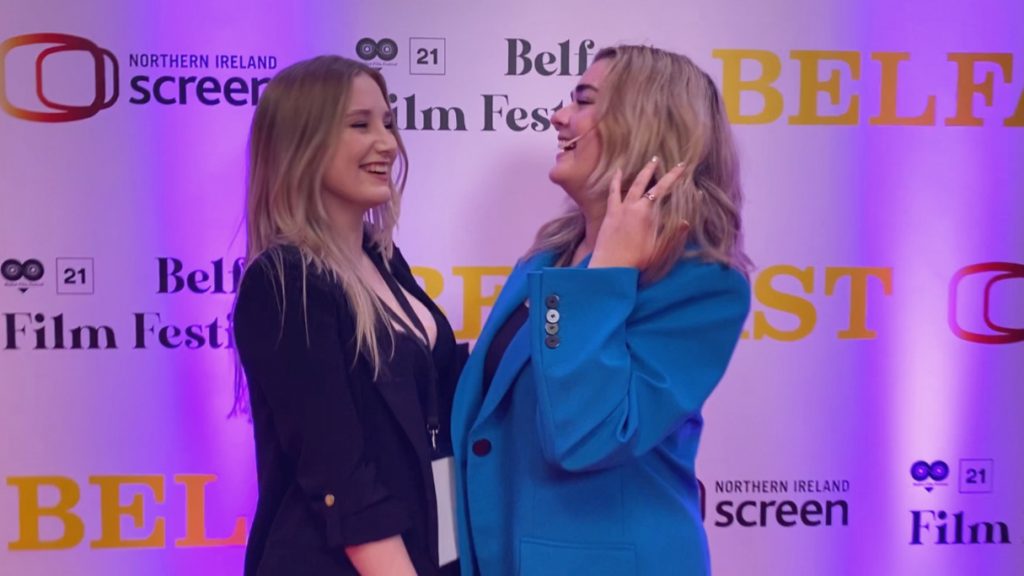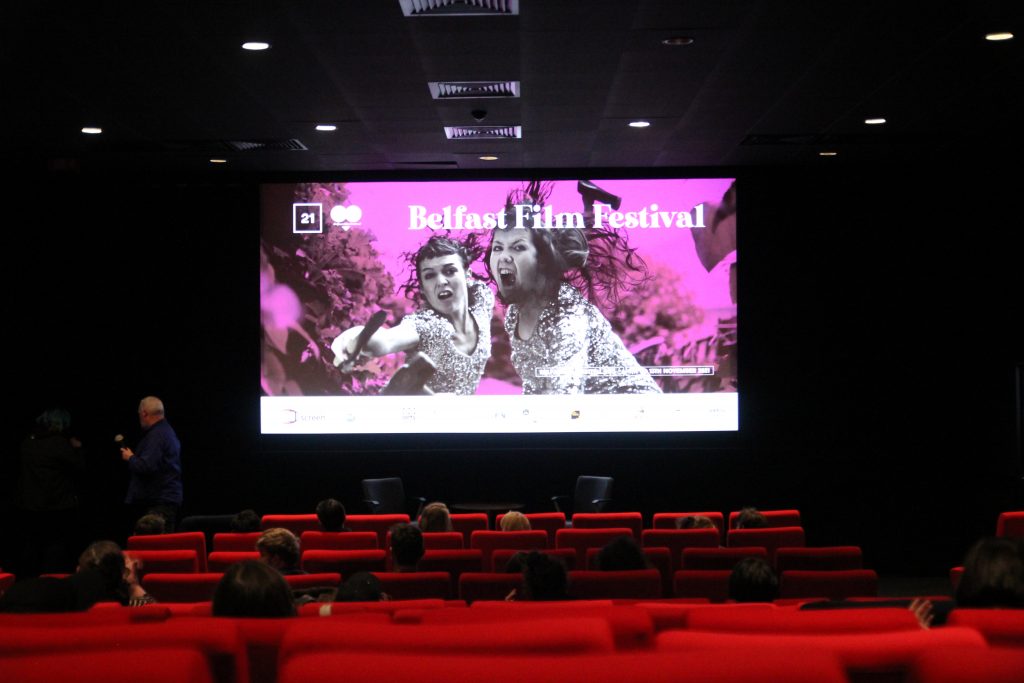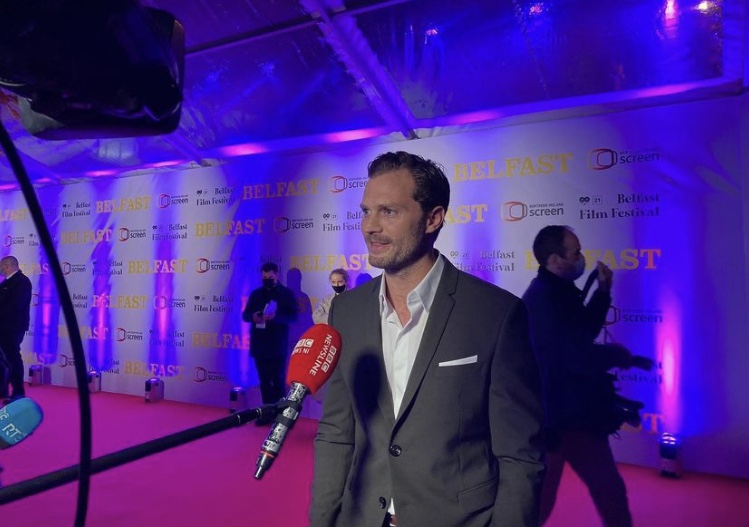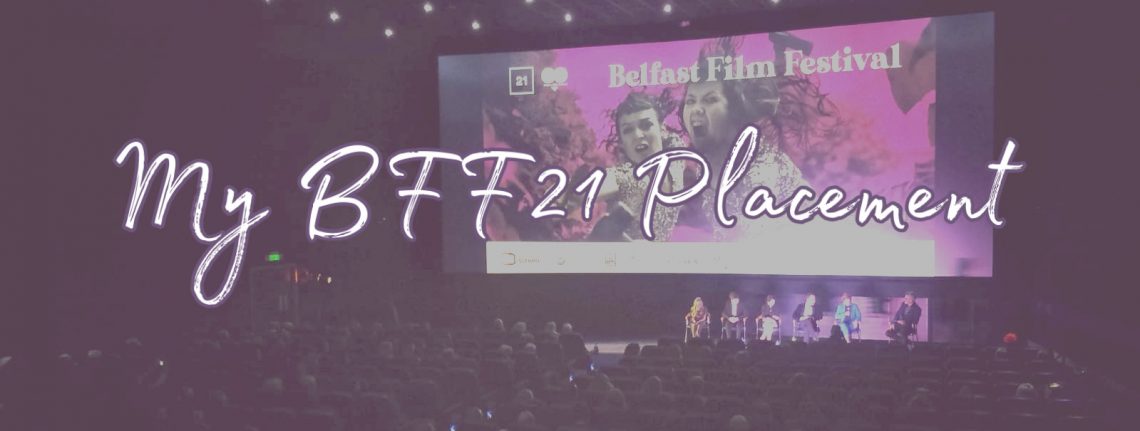
Breaking into the Film Industry: What You Know or Who You Know?
Social networking is the key to success in most career paths, but the film industry takes that to an entirely new level. Initially, finding a placement didn’t seem like a completely impossible task, especially since I started my applications back in February 2021. I approached this quite early on as I was aware that the film and media industry, no matter the city, was difficult to gain experience in. If I’m being honest, I thought that I was being somewhat eager applying as early as I did, but I was very wrong. There never is a ‘too early’ or ‘too prepared’, and I came to learn that very promptly during the past few months.
In this blog, I will use Borton’s Reflective Model to carry out an efficient reflection on my initial experience of finding and completing my placement at the Belfast Film Festival. The simplistic format of this model facilitates effective self-assessment and assists in the formation of valuable action plans
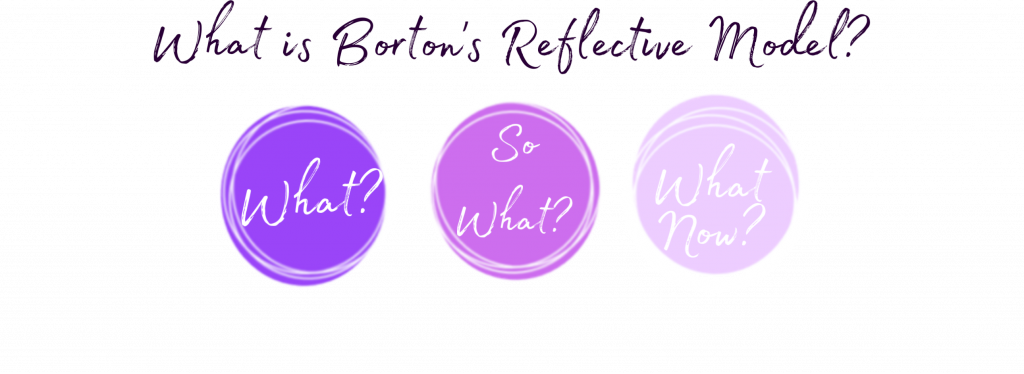

Everyone knows that entering this industry can be difficult as it is incredibly close knit and my experiences during this module greatly reaffirmed this. Entering the film industry is unreliable and your contacts strongly stand to you when it comes to employment, and there I was, in February with no contacts whatsoever within the Belfast media industry. Out of what I can only describe as sheer luck, I managed to secure two placements. I reached out to Stellify Media and TVM in late February and following short interview processes, I was offered placements immediately. This came as a shock to me as I expected it to be a long excruciating process of getting turned away or ignored by many companies. I guess I just had good timing and got extremely lucky. I was proud of myself that I was able to get placements with renowned companies that would really stand to me following graduation, especially since I had absolutely no contacts. However, my luck didn’t last for long.
By September 2021, I experienced my first major disappointment within the industry, and it really couldn’t have happened at a more inconvenient time. My second placement fell through, just days before the submission deadline on Canvas. I was informed that a former manager’s daughter was studying a similar course to me in UCC (she was only a first year) and that they no longer had the space to facilitate another placement opportunity. It made me realise that no matter how far in advance you plan or how prepared you are, things can still go wrong, and it can almost be expected in this line of work. It also reaffirmed how prevalent nepotism can be in the industry and that it isn’t even subtle most of the time. It’s all about who you know rather than what you know.

At the very last-minute (quite literally the day before documents were due on Canvas), the Film Festival contacted me after coming across my LinkedIn and said that they were impressed by my previous experience in marketing and digital content and were eager to take me on as a member of the BFF21 team.

Disappointment is inevitable at some stage when it comes to applying for jobs but there certainly are things that you can do to improve your employability. My experience of applying for placements emphasised the importance of creating contacts within the industry. Instead of being frustrated that the placement that I had interviewed for had been given to someone else, I realised that the best way to make sure that this didn’t happen again was to build reliable contacts by myself. Film workers tend to choose to work with people that they know or know of via a third party, solely due to reliability being much higher so I needed to play to that.
The majority of those working in the film industry, as well as those attempting to gain access to it, hear of and secure work through a variety of types of personal contact who perform functions such as providing recommendations
(Blair et al. 2001).
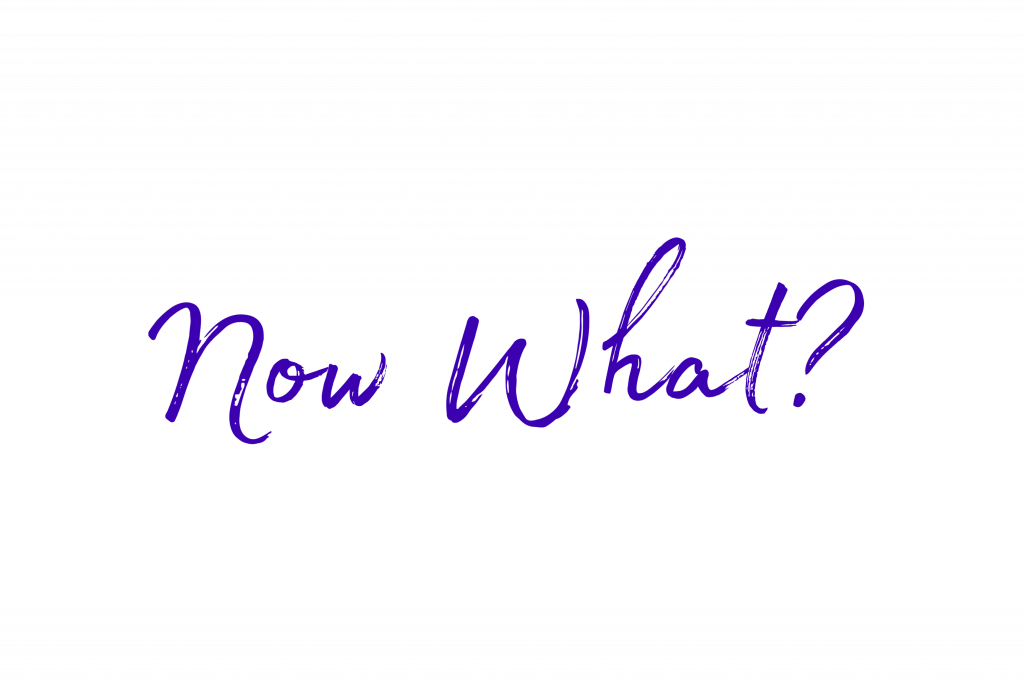
From these observations prior to beginning placement, I decided to push myself to make an effort in terms of improving my communication skills. I set specific goals prior to starting at BFF21; to attempt to socialise as much as possible, to gain contacts and to get as much out of the placement as I could. This meant very late nights attending industry events after working very long days in the office or at premieres.
I started to improve my communication skills by speaking to everyone that I was working with in the office prior to the festival and this branched out as the festival progressed to individuals attending the events and after parties. Communication skills are vital in this industry, and I’ve thoroughly improved them in the past few months.
My initial expectations for this placement were very different from what I actually gained. I never expected to work at such large-scale events, like the Belfast, Doineann and Lyra premieres. I expected office work and small showings of tiny independent films that I would never watch outside of the festival. Working on the red carpet amongst celebrities and then attending the same receptions as them afterwards was quite a surreal experience.

I feel my biggest takeaway from this experience is that communication skills, connections and having a good work ethic are incredibly important in this industry. I have gained a lot of confidence during these mere first few weeks in AEL3001, and I am thankful for the experience. I’m proud of the placements that I worked hard to get and of the effort that I put in during the festival to meet new contacts and friends.
Despite my initial disappointment, I ended up benefiting by working on a much more rewarding placement at the end of the day. Couldn’t have said that Kenneth Branagh bought me a pint at my first placement now, could I?
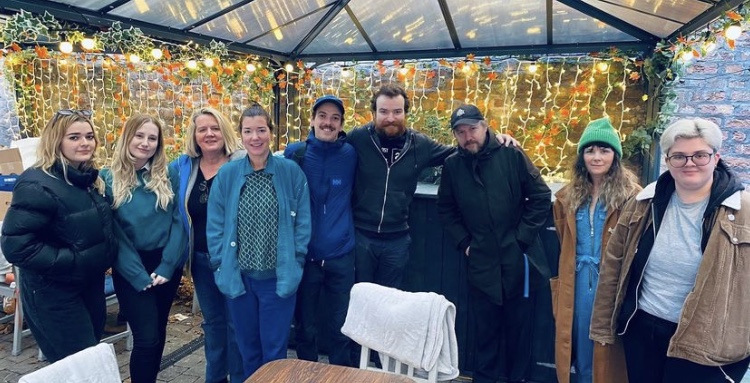



Bibliography
Blair, Helen. “‘You’re only as good as your last job’: The labour process and labour market in the British film industry.” Work, employment and society 15.1 (2001): 149-169.
Black, P. E., & Plowright, D. (2010). A multi-dimensional model of reflective learning for professional development. Reflective Practice, 11(2), 245-258. doi:10.1080/14623941003665810
Boud, D., Cohen, R., & Walker, D. (1993). Using experience for learning. Buckingham [England] ; Bristol, Pa.: Society for Research into Higher Education and Open University Press.
Jones, Candace. “Careers in project networks: The case of the film industry.” The boundaryless career: A new employment principle for a new organizational era 58 (1996): 75.
Jones, Candance, and Kate Walsh. “Boundaryless careers in the US film industry: Understanding labor market dynamics of network organizations.” Industrielle Beziehungen/The German Journal of Industrial Relations (1997): 58-73.
Working with the SARC Video Team
You May Also Like
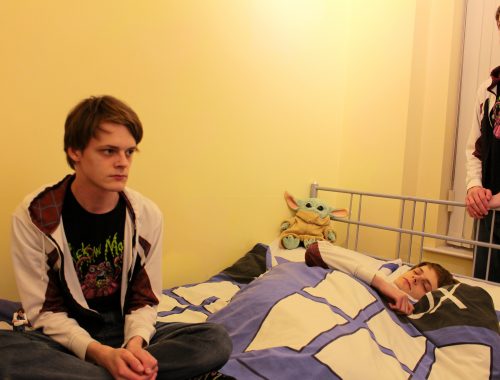
AAAH or (Why Tom sucks at selling himself)
25 November 2021
Facing Avoidance
26 November 2021

